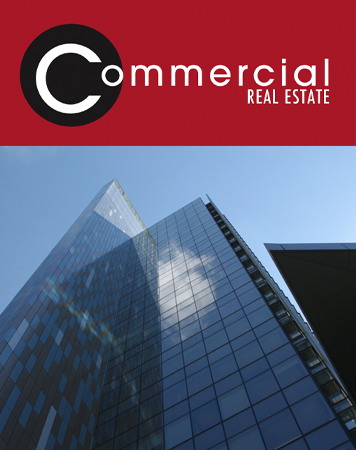It’s important to know how much money you should set aside to purchase — and live in — the condominium you are considering. Additionally, when you are shopping around and comparing different condominiums, it’s important to compare the purchase prices and monthly fees for each unit.
Ensure you can afford your mortgage and your new monthly expenses. Your bank, mortgage broker or financial advisor can help you tailor your mortgage to suit your financial goals and needs.
There are many different types of mortgages, including conventional, high ratio and second mortgages. Take the time to discuss your current financial position and future goals with your financial advisor and be sure that you are comfortable with your purchase.
Know What you Can Afford
If you are presently renting and are looking at purchasing for the first time, here are some important points to consider when assessing what is affordable for you.
Down Payment
The more of the purchase price you can afford to pay initially, the less interest you will pay over the course of your mortgage.
Mortgage
Consider the type of mortgage, rate of interest and term. Consult with your financial advisor or bank loans officer to decide what works for you, and what would be your financial position if mortgage rates were to rise. Be sure to factor in the costs of mortgage loan insurance if applicable (required if the down payment is less than 20 per cent of the unit’s purchase price). Life insurance may also be desirable but ensure that the costs are also factored into your monthly budget. The more frequent your payments, such as every two weeks instead of monthly, and the shorter the amortization period, the less interest you pay over the course of your mortgage.
Fees
As a condominium owner, you will pay a monthly fee that is your share of the operation and maintenance of the common property elements. A portion of this fee will typically be set aside for the corporation’s reserve fund, which covers the costs of major repairs and replacement of the common property elements over time. You will need to know exactly what is and isn’t included in the fees for any condominium you consider, and how much you can expect to pay.
Property Tax
When you rent a place to live, the property tax is usually a part of your rent. When you own a condominium, you are responsible for paying your own property taxes. For a new condominium, the municipality in which your condominium is located should be able to tell you how much you can expect to pay. For existing condominiums, this information can be provided by the real estate agent or the vendor. Ask for a copy of the most recent property assessment and tax bill.
Utilities
These may or may not be included in your monthly condominium fee. You will want to know what you can expect to pay for utilities such as natural gas, water and electricity.
Did you know?
Any costs over and above the basic unit purchase price should be clearly outlined in the agreement of purchase and sale. You should budget for these charges when you are considering buying.
For more info, visit cmhc.ca



